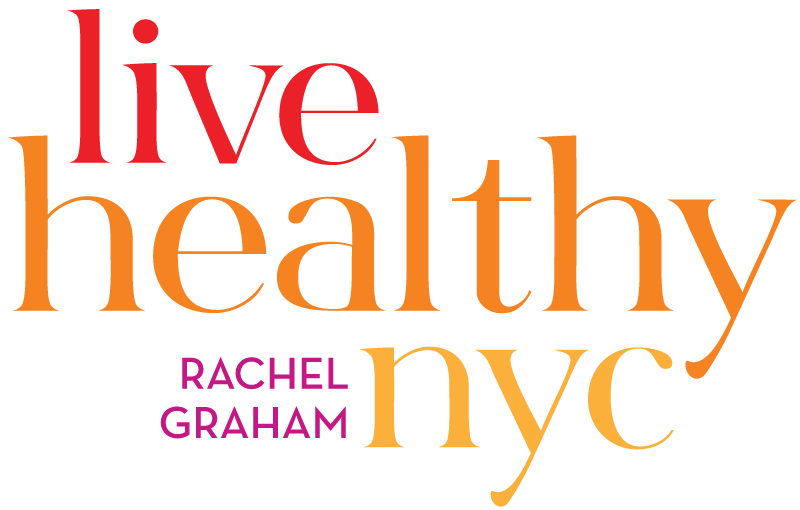Growing up, I can remember sitting with my grandmother for breakfast as she drank her instant coffee (as hot as the water could boil-she liked it so hot that she wanted to wait for it to cool!). I loved the smell of the coffee but I really wasn’t a coffee drinker - it tasted bitter. I had heard that liking coffee took a certain maturity in taste and I can’t really remember when I started to drink coffee, but for sure sometime post college in the 90’s when Starbucks made its way across the states. We certainly have come a long way from the cans of Folgers that filled my grandmother’s cupboards, with my oat milk lattes, cold brews and speciality drinks. I wonder how healthy this drink is for me?
In moderation, and without all the sugary syrups, coffee is part of my healthy day. If you are a lover of coffee, here are some reasons to enjoy your coffee and the pleasure that goes with it.
Coffee boosts your energy level. Coffee contains caffeine, a stimulant that has been shown to increase energy levels and decrease fatigue by altering levels of certain neurotransmitters in the brain. But, drink in moderation!
Can protect against some diseases. Some research suggests that drinking coffee could help protect against Alzheimer’s disease, Parkinson’s disease, and cognitive decline. But, more research still needs to be done in this area.
Coffee may promote weight management. According to some research, coffee could alter fat storage and support gut health, both of which may be beneficial for weight management. Additionally, some studies suggest that those who are regularly caffeinated are more likely to engage in physical activity.
Coffee drinkers may have a lower rate of depression.
Coffee drinkers live longer.
Coffee is a popular beverage that researchers have studied extensively for its many health benefits, including its ability to increase energy levels, promote weight management, enhance athletic performance, and protect against chronic disease. Still, drinking coffee in moderation — about three to four cups per day — has been associated with several health benefits and is generally considered safe for most adults. However, keep in mind that some people may need to limit their intake, including people who are pregnant or breastfeeding, children and adolescents, and people with certain health conditions.

